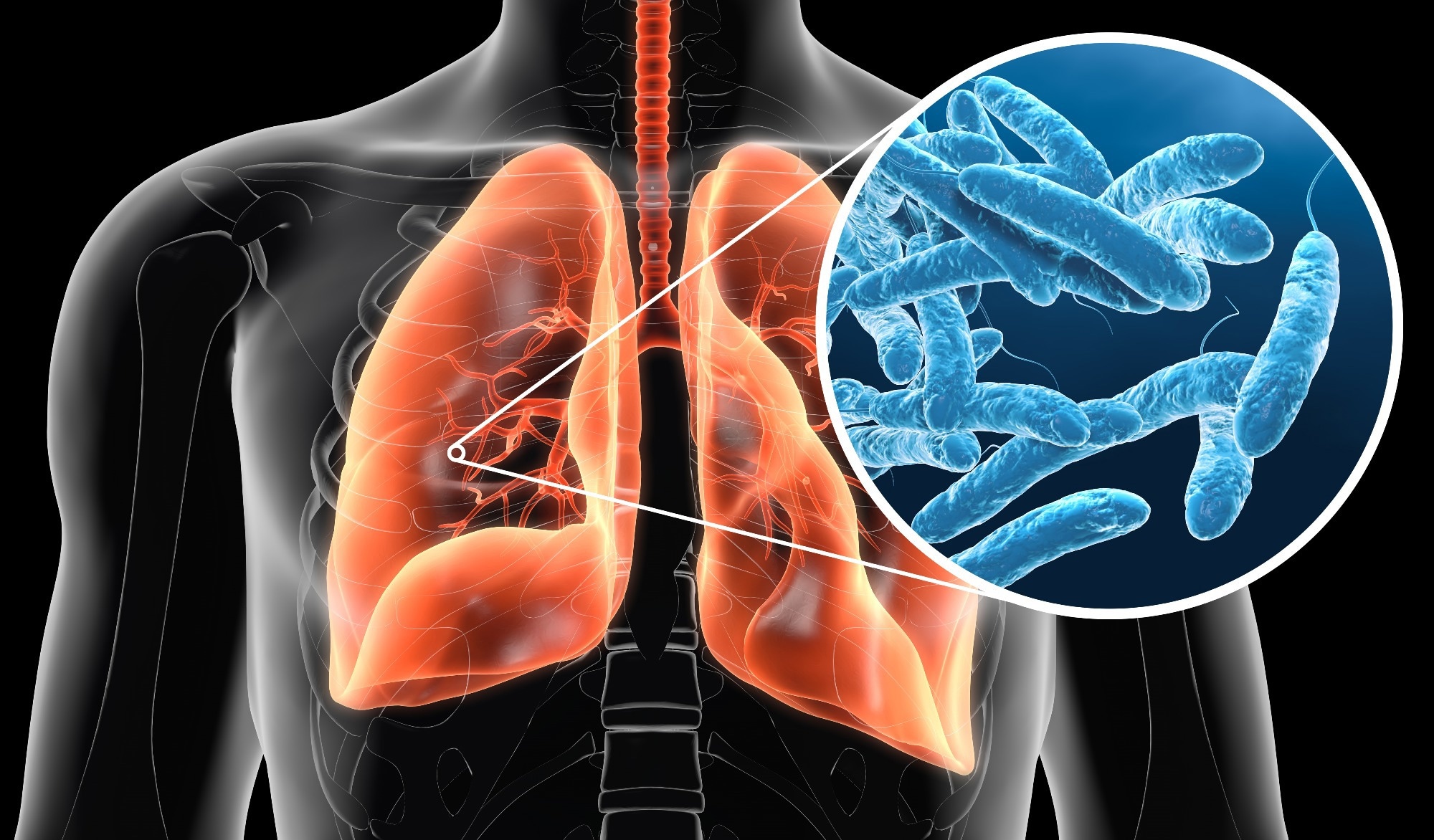Sly Saint
Senior Member (Voting Rights)
Can Legionnaires’ disease trigger long-term symptoms? Discover how Swiss scientists are following pneumonia survivors to uncover the real impact on health and wellbeing.

 www.news-medical.net
www.news-medical.net
In a prospective methodology report published in Swiss Medical Weekly, researchers propose to leverage data from the LongLEGIO Swiss cohort (119 individuals, 38.7% female) to evaluate the long-term (chronic) aftermath of severe bacterial (pneumonia and pneumonia-like) infections.
The study will prospectively monitor cases for a year and compare them to patients with Legionella test-negative bacterial community-acquired pneumonia (CAP) to determine if Legionella bacteria might be uniquely associated with post-acute infection syndromes (like "Long COVID"). Baseline data from 59 cases and 60 comparison patients already highlight key differences between these groups, setting the stage for crucial insights into the actual burden of this disease and informing future research and public health policy.
analysis of the research study continues in articleBackground
Pneumonia remains a leading cause of human morbidity and mortality, contributing to approximately 120 million cases and 1.3 million deaths annually. While children and older adults are most vulnerable to pneumonia-associated mortality, a growing body of heterogeneous evidence suggests that even survivors of some pneumonia strains suffer post-acute infection-like symptoms that extend long beyond their hospital discharge.
Acute pneumonia survivors increasingly report persistent symptoms like fatigue, cognitive impairment ("brain fog"), and reduced quality of life that extend for weeks or even months after infection recovery. This condition, termed post-acute infection syndrome, is by no means a novel discovery but has gained substantial traction and renewed scientific attention in the wake of the COVID-19 pandemic and its "Long COVID" aftermath.
Unfortunately, medicine has not yet established whether pneumonias cause distinct post-acute infection syndromes, nor have any links between specific microbes and potential long-term outcomes been systematically investigated.
Legionnaires' disease is a severe form of pneumonia caused by Legionella bacteria, with symptoms commonly including severe respiratory illness and significant extrapulmonary symptoms like confusion and kidney damage. Recent limited evidence suggests that Legionella bacteria might trigger a more profound and lasting syndrome, similar to the well-documented post-Q fever fatigue syndrome. However, whether these symptoms are lasting effects of the severe infection or reflect a distinct condition caused by Legionella remains unknown.
Conclusions
The present LongLEGIO study will provide the first high-quality, comparative evidence on the long-term health consequences of Legionnaires' disease and expand our understanding of long-term pneumonia pathophysiology. By meticulously tracking patients over a year and comparing them to a well-matched patient group, the study will help determine whether a specific post-Legionnaires' syndrome distinct from general pneumonia sequelae exists.

New Swiss study probes lingering fatigue after Legionnaires' disease
Researchers in Switzerland launched the LongLEGIO study to compare the long-term health impacts of Legionnaires’ disease and other bacterial pneumonias. Baseline data reveal key differences in comorbidities and quality of life between the groups, with follow-up underway.
